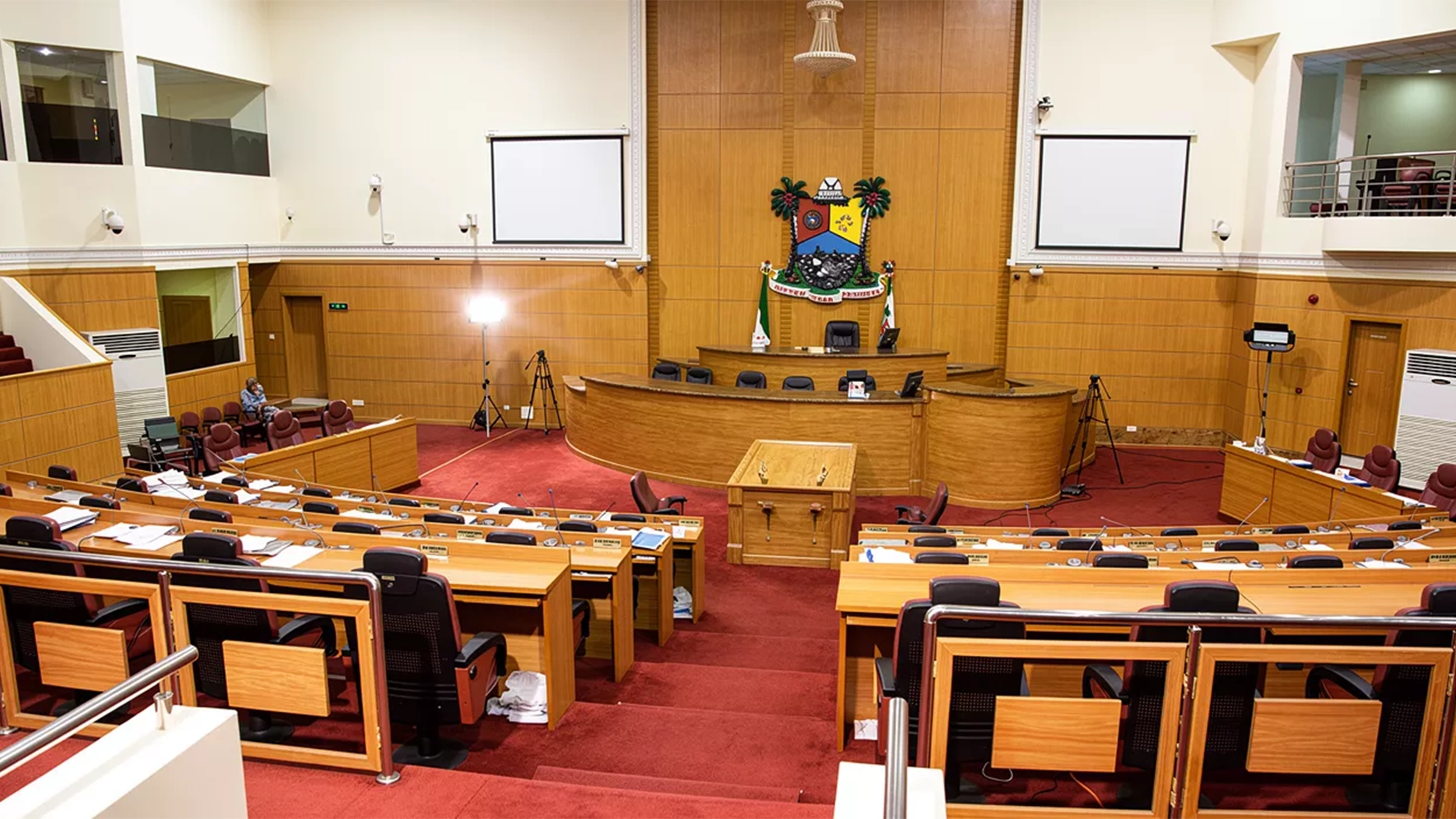Former President Olusegun Obasanjo, ex-Commonwealth Secretary-General Chief Emeka Anyaoku, human rights lawyer Femi Falana, and former Akwa Ibom State Governor, Victor Attah, on Wednesday clashed over the relevance of Nigeria’s 1999 Constitution at the National Summit on the Future of Nigeria’s Constitutional Democracy in Abuja.
The three-day summit, organised by The Patriots in collaboration with the Nigeria Political Summit Group, brought together political and civil society leaders to examine the legal framework underpinning Nigeria’s democratic structure.
While Obasanjo and Falana placed the blame for Nigeria’s democratic failings on corrupt and self-serving leadership, Anyaoku and Attah argued that the 1999 Constitution—imposed by the military—lacks legitimacy and must be replaced.
Obasanjo: It’s Leadership, Not the Constitution
Speaking through the Secretary-General of Eminent Patriots, Olawale Okunniyi, Obasanjo said Nigeria’s core problem lies not in the content of its constitution but in the actions of its political leaders.
“From my experience, I will be the first to acknowledge that our constitution needs amendment. But the most important issue is the operators of the constitution,” Obasanjo said.
“The best constitution can be perverted and distorted by bad operators. In the past 15 years, Nigeria’s constitution has been sacrificed on the altar of selfishness, corruption, impunity, and disregard for morality and the rule of law.”
Obasanjo maintained that no amendment would matter if Nigeria’s political elite continue to act in bad faith. “At this critical time, the spotlight should be on leadership,” he stressed.
Falana: Revolution, Not Amendments, Needed
In his remarks, Falana (SAN) criticised the political elite for resisting electoral reform and undermining technology meant to enhance credible elections.
“The only way to discard the 1999 Constitution is through a revolution,” he declared. He accused the judiciary of blocking progress, citing Supreme Court rulings that rendered electronic voting tools like BVAS and card readers optional or illegal.
Falana also condemned the National Assembly’s constitutional review process, describing its public hearings as “tokenistic and inaccessible” for most Nigerians.
“The current legislature is uncomfortable with any reform that threatens the status quo. Until citizens apply pressure, we won’t get real change,” he warned.
Attah: Nigeria Governed by Military Decree
Former Governor Attah described the 1999 Constitution as a “fraudulent decree” that lacks the consent of the people.
“This constitution robbed Nigerians of their sovereignty and promotes elite authoritarianism,” he said. “We are governed not by democracy but by a handful of power brokers. That’s why voter turnout is declining and public trust is eroding.”
Attah called for a return to true federalism, where states enjoy greater autonomy. He also advocated a unicameral legislature, elected ministers, and strict mechanisms for accountability and recall.
“Sovereignty must return to the people. We must end this unitary presidential system and reinstate the federal structure our founding fathers agreed upon,” he added.
Anyaoku: New Constitution Is Essential
In his keynote, Chief Anyaoku stated that a diverse country like Nigeria needs a constitution developed by elected representatives of its people.
“The 1999 Constitution is neither democratic nor inclusive. It was imposed by military decree and promotes excessive administrative spending at the expense of development,” he said.
Anyaoku argued that Nigeria must adopt a truly federal constitution to ensure equitable governance and national cohesion. “This summit is an opportunity to chart that course,” he said.
PANDEF, Afenifere, Others Weigh In
The Pan Niger Delta Forum (PANDEF), represented by Ambassador Godknows Igali, advocated a return to the principles of the 1963 Constitution. PANDEF called for resource control, state policing, a rotational presidency, increased derivation for producing states, and a unicameral legislature.
Afenifere, through Oba Oladipo Olaitan and Chief Femi Okurounmu, called for restructuring and urged the adoption of the 2014 National Conference Report as a working template.
Gbenga Daniel: Outcome Will Be Submitted to FG
Senator Gbenga Daniel, Co-Chair of the Summit Organising Committee, said the summit would deliberate on key national questions—federalism, local governance, judicial and electoral reforms, and security.
“The conclusions will be consolidated into a communique for presentation to the Presidency and the National Assembly,” he said.






